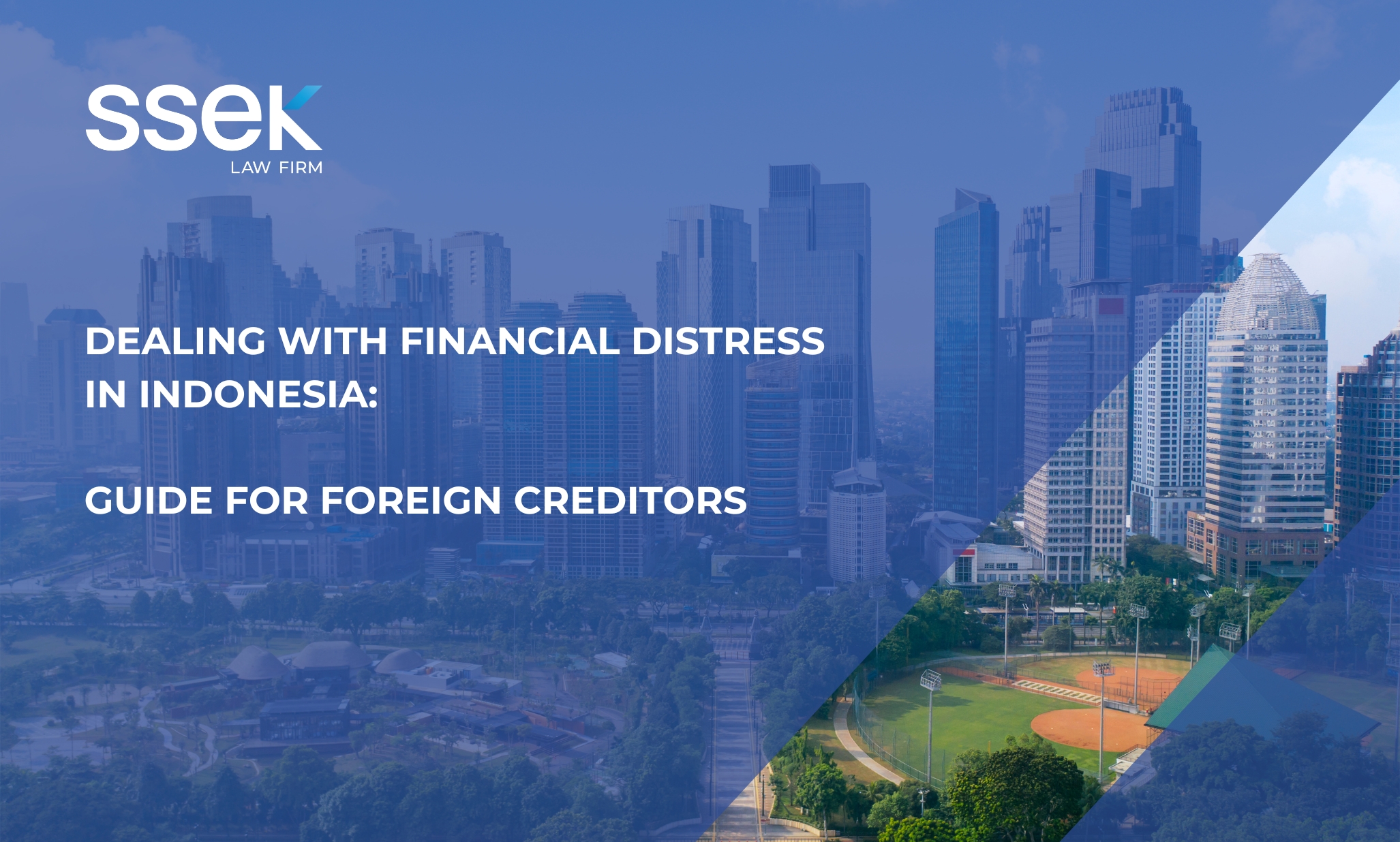

With the increasing number of Production Sharing Contracts ("PSCs") that will expire in the coming years, discussion of PSC extensions and who has the right to operate expiring PSCs becomes unavoidable.
In this regard, Indonesia's Minister of Energy and Mineral Resources ("MEMR") first issued MEMR Regulation No. 15 of 2015 regarding Management of Oil and Natural Gas Working Areas with Expiring PSC ("MEMR Reg. 15/2015"), which took effect May 11, 2015. Article 2 of MEMR Reg. 15/2015 stipulated that there were three options for the management of oil and natural gas working areas with an expiring PSC, as follows:
- management by PT Pertamina (Persero) ("Pertamina");
- extension of the PSC by the PSC contractor; or
- joint management by Pertamina and the PSC contractor.
On April 20, 2018, the MEMR issued MEMR Regulation No. 23 of 2018 on the Management of Oil and Gas Working Areas with Expiring PSC ("MEMR Reg. 23/2018"), which became applicable as of April 24, 2018, and revoked MEMR Reg. 15/2015. Article 2 of MEMR Reg. 23/2018 stipulates that the management of oil and natural gas working areas with an expiring PSC shall be conducted according to one of the following options:
- extension of the PSC by the PSC contractor;
- management by Pertamina; or
- joint management by Pertamina and the PSC contractor.
MEMR Reg. 23/2018 re-arranged the order of management options, removing Pertamina as the first party mentioned in the options under MEMR Reg. 15/2015, replaced by the PSC contractor.
However, we view that Article 2 of both MEMR Reg. 15/2015 and MEMR Reg. 23/2018 does not explicitly give priority to any of the parties listed, nor do any of the other provisions in the two regulations. But many practitioners and business actors questioned the Government\'s intention in changing the order of the parties in Article 2 of MEMR Reg. 23/2018 and placing existing PSC contractors ahead of Pertamina.
Judicial Review of MEMR Reg. 23/2018
This led to a judicial review being filed by Federasi Serikat Pekerja Pertamina Bersatu (Pertamina United Workers Union Federation or "FSPPB") with the Indonesian Supreme Court. The Supreme Court recently released the full version of its decision in that judicial review, No. 69 P/HUM/2018, which was favorable to FSPPB, "reaffirming" that no priority should be given to existing PSC contractors in the extension of an expiring PSC. Below are the key takeaways from the Supreme Court decision.
In the view of FSPPB, the fact that Pertamina was no longer positioned as the first party stipulated in the list of parties that could manage the working area upon the expiration of a PSC was a stark difference between MEMR Reg. 23/2018 and its preceding regulation, MEMR Reg. 15/2015. Instead, Article 2 of MEMR Reg. 23/2018 placed the existing PSC contractor as the first party in the list.
FSPPB interpreted this change to suggest that priority in the granting of expiring PSCs was being given to existing PSC contractors over Pertamina. Such priority, according to FSPPB, would not be in line with, among others, Article 33 of the Indonesian Constitution, which outlines that the country's natural resources shall be within the control of the State and used to the greatest benefit of the Indonesian people. In FSPPB's view, Pertamina, as a state-owned enterprise, acts as an extension of the State and therefore is entitled to a "priority" right over expiring PSCs.
The Supreme Court, through its decision No. 69 P/HUM/2018, granted the requests made by FSPPB as a whole and declared that Article 2 of MEMR Reg. 23/2018 was in violation of, among others, Article 33 of the Indonesian Constitution and therefore had no legal binding force to the extent it could be interpreted that the list of management options gave any order of priority.
Who Gets Priority?
We view that this decision by the Supreme Court is unclear. This is because the decision first says that the court has granted the requests of FSPPB as a whole, including that Article 2 of MEMR Reg. 23/2018 shall not be applicable to the extent that it does not give priority to Pertamina. This may be interpreted as meaning that Article 2 of MEMR Reg. 23/2018 is only applicable if it gives priority to Pertamina over the existing PSC contractor.
But then the decision goes on to state that Article 2 of MEMR Reg. 23/2018 is in violation of, among others, Article 33 of the Indonesian Constitution and therefore has no legal binding force to the extent it can be interpreted that the list of options gives any order of priority. This appears to suggest that any application for the management of a working area under an expiring PSC shall be evaluated based on merit alone and no priority shall be given to any party listed under Article 2 of MEMR Reg. 23/2018.
Given this lack of clarity, it remains to be seen whether the MEMR will follow a merit-based evaluation or apply a priority order in favor of Pertamina in granting the working area of an expiring PSC. It is possible, looking at the decision of the Supreme Court along with the court's considerations as a whole, that the MEMR may issue a further regulation paving the way for Pertamina to actually have a clear priority right over expiring PSCs.
This publication is intended for informational purposes only and does not constitute legal advice. Any reliance on the material contained herein is at the user's own risk. You should contact a lawyer in your jurisdiction if you require legal advice. All SSEK publications are copyrighted and may not be reproduced without the express written consent of SSEK.









